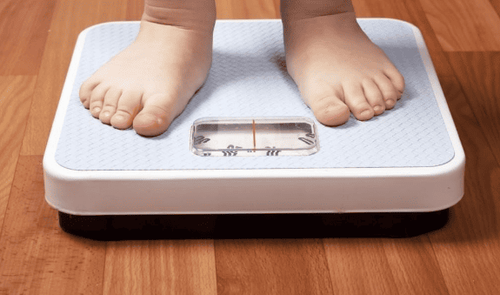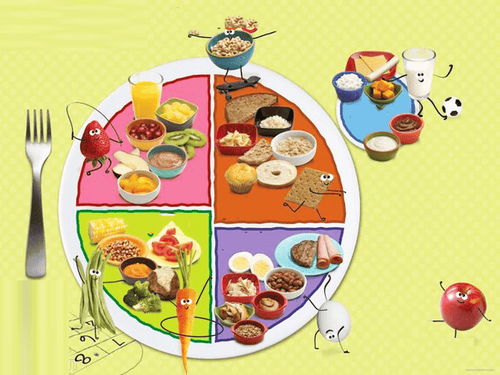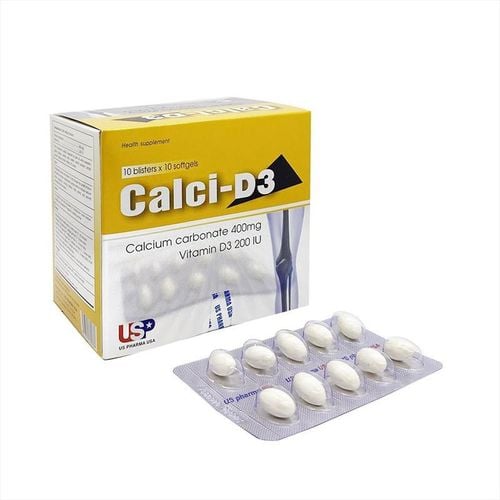The article was professionally consulted by Doctor Pham Lan Huong - Pediatrician - Pediatric Center - Vinmec Times City International Hospital
During the child's development, the height or weight of the child is very important, the weight gain and the height of the child must be balanced. However, there are still many cases of children gaining height but not gaining weight, which worries many parents. So, to learn more about the above issue, please refer to the article below.
1. Child's height growth stage
From birth to adulthood, children have 3 stages of height development, namely: the period in the womb, under 3 years of age, and before puberty to puberty. These three stages are very important, because in these three stages children grow in height very quickly, so special care is required to promote the best height growth, but the child's weight must still be stable.
Children's height is greatly influenced by genetic factors and external factors. When the baby is in the womb until birth, the baby needs to reach about 50cm in height. To the second stage, in the first year, the baby will increase in height by 25cm, 2 years later each year will increase by 10cm. During puberty, the growth rate will be from 10 to 12cm/year for one to two years, then slow down and stop increasing at the age of 25-30.
2. Why does the baby gain height but not gain weight?
The situation of increasing height but not gaining weight in children makes many parents worry and wonder why. Despite adequate nutritional care, not all parents know what nutrition is reasonable to increase height or weight in children. The nutrients that affect the child's height such as energy, protein, calcium, vitamins A, D, iron, zinc, iodine... must always be adequate and should be adjusted appropriately.
If the child gains height but does not gain weight, then parents should reconsider the child's nutrition. For children who only drink milk, there are enough nutrients (such as: calcium, fat, sugar, protein, ..) necessary to develop the child's height. However, children refusing to eat other foods will lead to deficiencies in other groups of nutrients to develop weight. This affects the speed of the child's physical and intellectual development.
Children with anorexia will not gain weight, leading to weak health and incomplete development. The group of children who only like to eat a certain food group or refuse many food groups also causes an imbalance in nutrients, causing the development of the height or weight is not appropriate for the age. Therefore, parents need to balance between increasing the height and weight of the child in the most reasonable way.

3. Factors affecting children's height and weight
Nutrition
Diet is a top priority factor, because nutrition has a certain influence on the development of both height and weight of children. A good diet will help children achieve a complete physical and mental health, so parents need to pay attention to building a reasonable diet for their children.
Depending on the age of the child's development, parents build a menu that harmoniously combines meals and milk volume to provide adequate and diverse groups of energy-producing substances such as protein, starch, fat, as well as vegetables containing vitamins and trace elements. According to the recommendations of the National Institute of Nutrition, the ratio of Protein: Lipid: Glucid for children is 14%: 20%: 66% in the menu to ensure an essential energy supply for the body's activities.
Beside the starch group are rice and flour; fat is vegetable oil or lard, chicken; Proteins of animal origin such as meat, shrimp, crabs and fish should be noted, vitamins and trace minerals from green vegetables and fruits because these substances play an important role in the body's metabolism. These are substances that enhance resistance and fight malnutrition for children.
Milk is a food containing a relatively full range of nutrients necessary for the growth of height and weight for children, especially containing calcium, which is very important for the skeletal system. When giving milk to babies, the minimum amount of milk a day for children aged 6 months and older is 600ml. If children drink 800-1000ml of milk a day, it will provide enough calcium to meet the needs of increasing height. Parents should choose the right type of milk (be it fresh milk or powdered milk) with the child's developmental stage, having enough necessary nutrients, safe origin and origin.
Should give milk to children 3 times a day, usually in the morning, afternoon and evening before the child goes to bed. Each milk drink should be given to children from 180 to 220 ml is enough, can gradually increase the amount of milk according to the stage of development of the child. If it is powdered milk, the ratio of milk mixture should be in accordance with the manufacturer's instructions.
To avoid anorexia appearing, parents should not prolong the eating time for more than 30 minutes. In addition, it is also important to regularly change the menu so that children do not lose their appetite and still have the necessary nutrients. Note, between meals, parents should not give children anything extra and daily yogurt supplementation helps children digest food better.

Children's daily living habits
Physical activity also greatly affects the height and weight gain of children. Daily exercise and sports help children have a healthy body, but increase their height by stimulating the production of growth hormone. Parents encourage children to be active for 30 to 45 minutes a day, and friends who practice with your children are a great source of encouragement for them.
Cultivating early sleep habits and getting enough sleep are important for children's physical development. Children go to bed before 9-10 pm to help stimulate growth hormone production, contributing to better bone development. On the contrary, if you stay up late, it will negatively affect both the weight and height of the child.
Other factors affect a child's height and weight, such as: genetic factors, hormonal factors in the body, problems in the womb, anemia,...
Weight gain and the height of the child will help the child develop more comprehensively. Therefore, parents should pay attention to both adequate and varied nutrition and daily scientific activities for their children. When your child has any problems with both height and weight, take him to a nutritionist immediately for accurate advice.
Besides, parents can supplement their children with essential vitamins and minerals such as zinc, lysine, chromium, selenium, vitamin B1, ... to support digestion, enhance nutrient absorption, improve anorexia, help children eat well. These substances can be supplemented through daily foods or functional foods of natural origin to help children absorb easier, especially need to consult a medical professional to avoid unwanted effects.
Improving children's symptoms can take a long time, so parents need to be really patient with their children and regularly visit the website vimec.com to update useful information about children's health care. Please.














